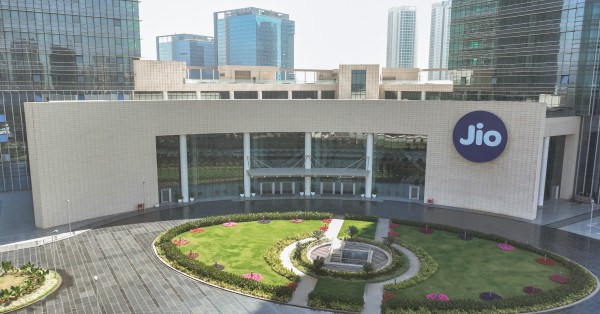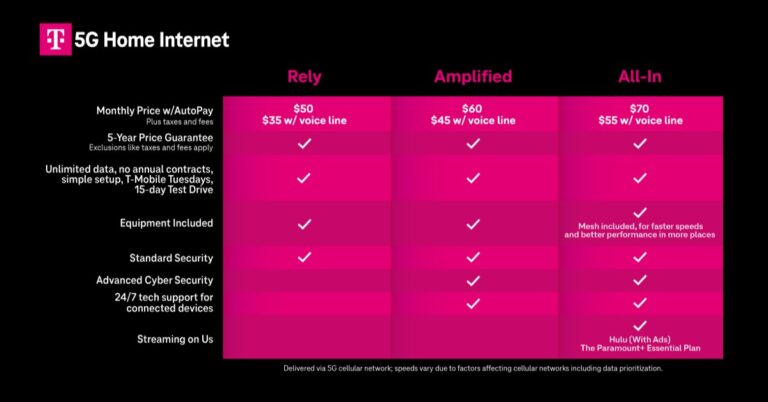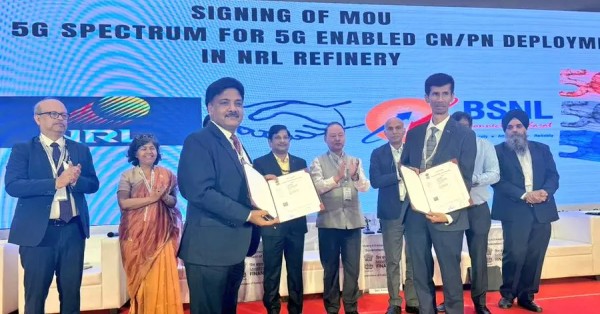On April 24, 2023, the US Department of Veterans Affairs (VA) revealed its choice of T-Mobile as the principal wireless provider for the next nine years, through 2032. This partnership is set to support VA healthcare professionals such as doctors, nurses, social workers, and crisis hotline staff by providing them with approximately 50,000 wireless lines. This will ensure seamless connectivity with millions of veterans who rely on their services, thanks to T-Mobile’s efficient network.
The agreement between T-Mobile and the VA also encompasses 5G internet connectivity, allowing healthcare professionals to easily access essential healthcare resources. Since 2018, T-Mobile has been working closely with the VA to deliver uninterrupted connectivity to healthcare resources for veterans. The decision to extend this collaboration for another nine years reflects the outstanding service T-Mobile has provided.
As healthcare technology is predicted to advance significantly over the next decade, T-Mobile is enthusiastic about driving innovation alongside the VA. The selection of T-Mobile as the VA’s primary wireless provider demonstrates the company’s steadfast dedication to expanding and improving healthcare services for veterans throughout the nation.

































